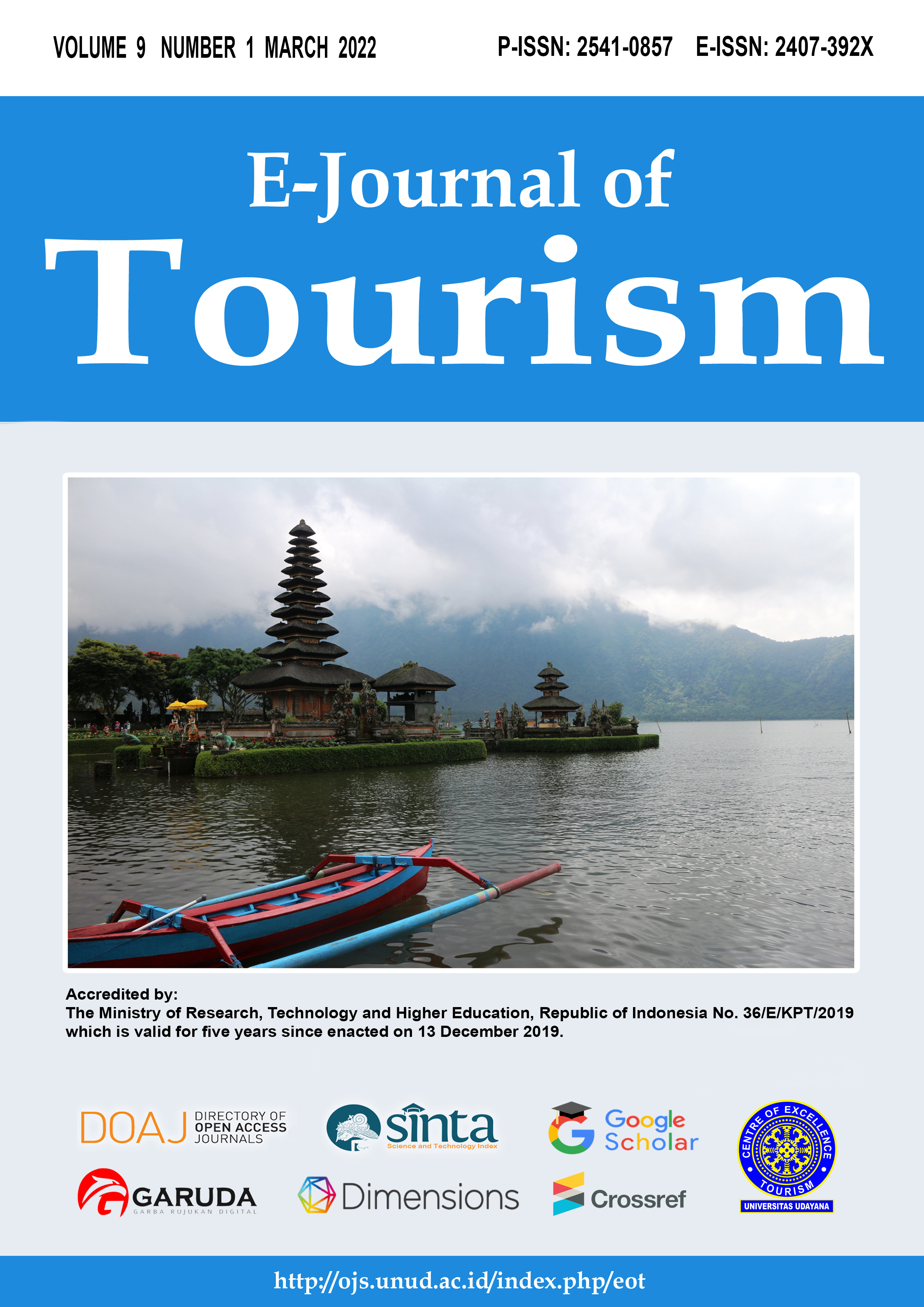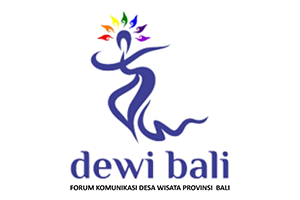Enhancing Repurchase Intention at Warung Kopi Tepi Sungai Depok: The Role of Customer Experience
Abstract
The most important stage in winning customers' hearts is through experience, building a customer experience is an essential part of any marketing strategy. The higher the impact on customer pleasure and the willingness to return and acquire the products sold, the better the customer experience. Warung Kopi Tepi Sungai Depok has various advantages despite its less-than-ideal location. It provides guests with comfort and a peaceful rural setting. The purpose of this research is to see how customer experience affects repurchase intent at Warung Kopi Tepi Sungai Depok. Quantitative methods were employed in the research to gather more comprehensive, valid, reliable, and objective data. A total of 101 customers who visited the café were included in the sample. Both factor and regression analysis was employed in the data analysis. Customer experience had a substantial impact on repurchase intention (t = 8.356 > t table with a significance of 0.000 (? < 0.05). With its interior design and unique style, the customer experience at Warung Kopi Tepi Sungai Depok has a dominant influence on influencing repurchase intention, and consumers are interested in returning to this place. The author makes a suggestion, advising that more attention be paid to and development of the website be done in order to establish direct contacts with clients. This cafe has to improve its services, offer new menu items, and keep its facilities clean. Then Warung Kopi Tepi Sungai Depok will be the top option of the customers.
Keywords: Repurchase Intention, Customer Experience, Revisit Intention
Downloads
References
Ferdinand, A. (2002). Pengembangan Minat Belli Merek Ekstensi. Semarang: Badan Penerbit Universitas Diponegoro.
Hasan, A. (2013). Marketing dan Kasus-Kasus Pilihan. Yogyakarta: Center For Academic Publishing Service (CAPS) .
Hellier, P. K., Geursen, G. M., Carr, R. A., & Rickard, J. A. (2003, December). Customer Repurchase Intention: A General Structural Equation Model. European Journal of Marketing, 1762-1800. doi:10.1108/03090560310495456
Kotler, P., & Keller, K. L. (2012). Marketing Management (14 ed.). (K. Bloom, & E. Scarpa, Eds.) New Jersey, United States of America: Prentice Hall: Pearson.
Monica, T., & Widaningsih, S. (2020). Pengaruh Customer Experience Terhadap Minat Beli Ulang (Studi Kasus pada Taman Kardus Bandung). eProceedings of Applied Science. Vol VI No 1, pp. 30 - 35. Bandung: Telkom University. Retrieved from https://openlibrarypublications.telkomuniversity.ac.id/index.php/appliedscience/article/view/11505
Priansa, D. J. (2017). Perilaku Konsumen dalam Persaingan Bisnis Kontemporer. Bandung: Alfabeta.
Safitri, K. (2017). Analisis Pengaruh Customer Experience Dan Kepuasan Konsumen Terhadap Minat Beli Ulang di Storia Cafe MMXVI. Jurnal Terapan Manajemen dan Bisnis, III(1), 66-75.
Satria, A. A. (2017). Pengaruh Harga, Promosi, dan Kualitas Produk Terhadap Minat Beli Konsumen Pada Perusahaan. PERFORMA: Jurnal Manajemen dan Start-Up Bisnis, II(1), 45-53.
Sayuti, M. H., & Dewi, C. K. (2015). Analisis Pengaruh Customer Experience Terhadap Minat Beli Ulang Konsumen Pada Kafe Nom Nom Eatery Bandung. eProceedings of Management, II, pp. 1932-1940.
Schmitt, B. (2003). Customer Experience Management. A Revolutionary Approach to Connecting with Your Customer. New York: John Wiley & Sons.
Sugiarto, P., Hendratono, T., & Djoko, S. (2015). Metodologi Penelitian Hospitality & Pariwisata. Tangerang: Matana Publishing.
Sugiyono, P. D. (2016). Metode Penelitian Manajemen (Pendekatan Kuantitatif, Kualitatif, Kombinasi (Mixed Methods), Penelitian Tindakan (Action Research, dan Penelitian Evaluasi). Bandung: Alfabeta Cv.
Tjiptono, F. (2000). Prinsip-Prinsip Total Quality Service (TQS). Yogyakarta: Andi Offset.
Upayani, N. A., Susrusa, K. B., & Anggreni, I. A. (2019). Pengaruh Unsur-Unsur Costomer Experience Terhadap Minat Pembelian Kembali (Studi Kasus pada Konsumen Anomali Coffee Ubud). E-Jurnal Agibisnis dan Agrowisata, VIII(1), 39-48.

This work is licensed under a Creative Commons Attribution 4.0 International License.
The copyright of the received article shall be assigned to the journal as the publisher of the journal. The intended copyright includes the right to publish the article in various forms (including reprints). The journal maintains the publishing rights to the published articles.




















